The Transformational Planning Framework provides the structure for our teaching units.
©2007 Lanelle Cobbin.

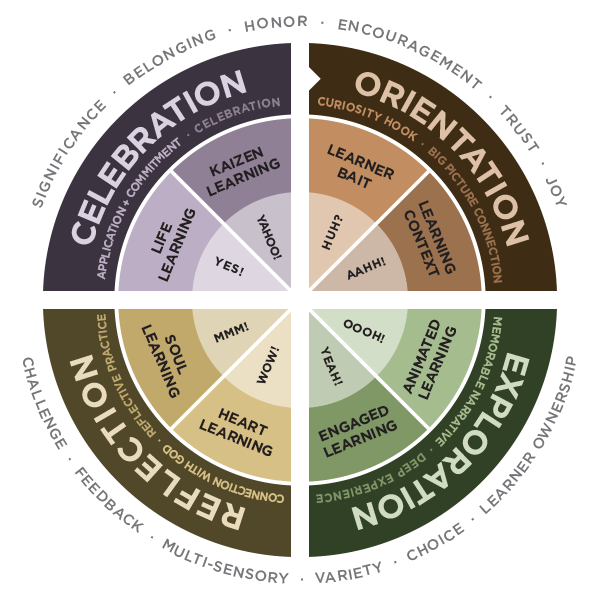
Transformational Planning Framework

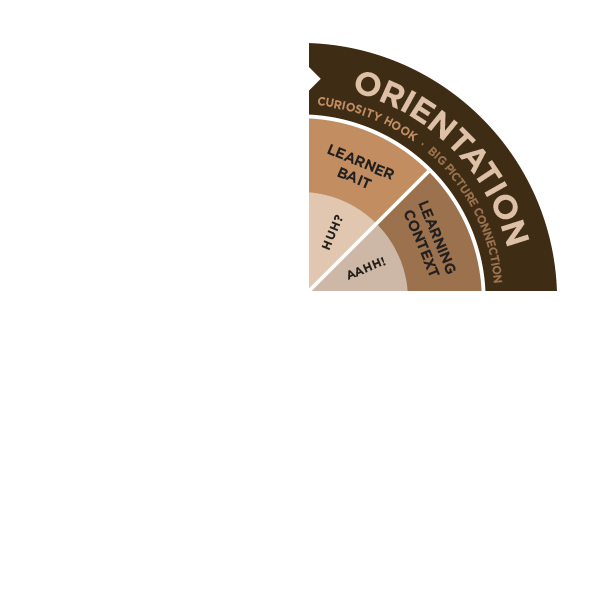
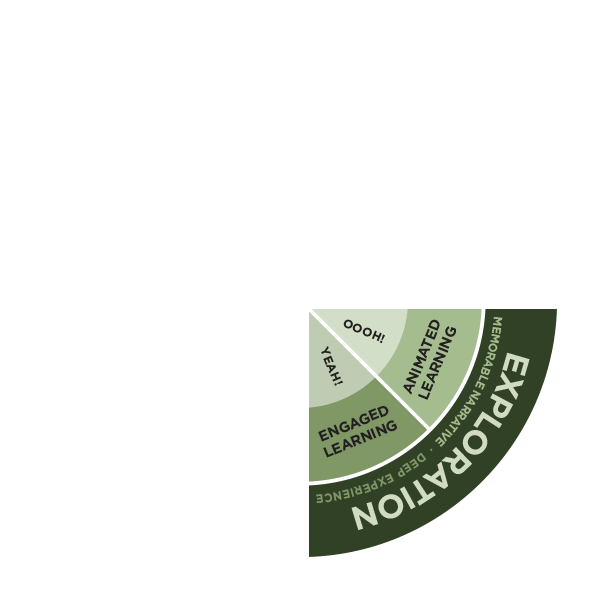
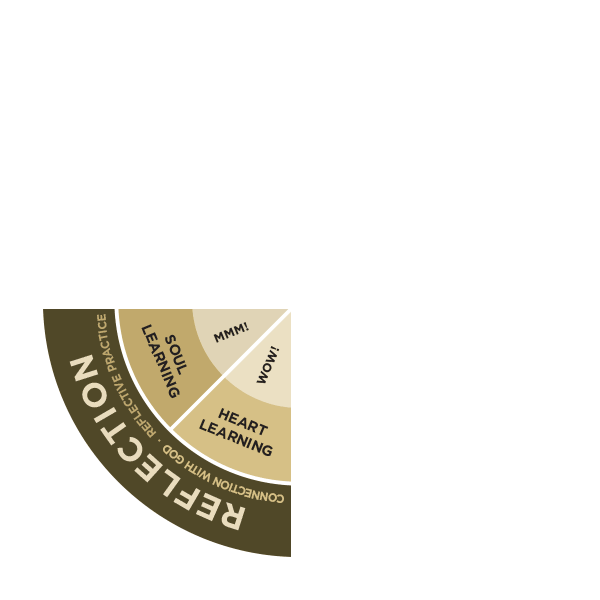
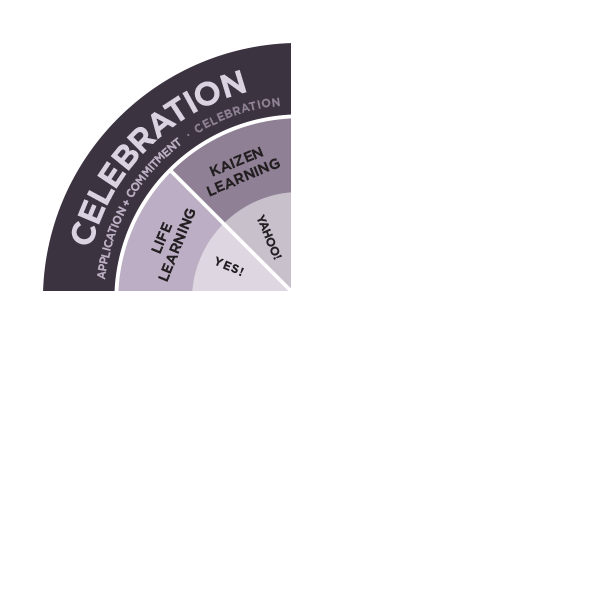

View Prospectus PDF
Bible Curriculum FROM ADVENTIST EDUCATION

navigation
navigation
Overview
It is important for our action to match our vision, and the Transformational Planning Framework helps to guide the process—the “how”—of teaching Bible. It is the planning pedagogical tool of the curriculum.
The Transformational Planning Framework intentionally avoids educational jargon and uses simple language. It seeks to make the complex simple, the simple deep, the deep engaging, the engaging real, and make it all come to life for the students.
It also endeavors to blend best practice in education with a solid biblical discipleship focus to offer a holistic approach to Bible teaching.
The first half acknowledges the cognitive component of faith, while the second acknowledges the heart experience involved in this process. Each of the eight phases contribute to something important in the growth of knowledge and faith development.
Orientation
Learner Bait:
Arousing a Curiosity for the Learning
“Blessed are they who hunger and thirst after righteousness.” Matthew 5:6
This initial phase of the unit not only acts as a bait to “hook” students into the forthcoming topic, but it also serves to identify a key theme in the proposed unit. Learning experiences within this initial phase will involve some kind of interactive, relational activity or engaging story and strongly sets the theme for the new topic.
Learning Context:
Connection with the Big Picture
“For God so loved the world, that he gave his one and only son, that whoever believes in him shall not perish but have eternal life.” John 3:16
As with all subjects, our Bible curriculum needs to be meaningful and relevant. The Learning Context phase seeks to ensure that the students can see how the new topic fits not only with the big-picture story, but what is already known. This phase seeks to answer the question students often ask, “Why are we learning about this?”
Exploration
Animated Learning:
Exploring the Story Experientially
“Then he told them many things in parables.” Matthew 13:3
In this phase, the teacher shares the “story” or biblical passages that will form the foundation of the unit's study. An exploration of the Scriptures is central to this phase. Delivering the story in a way that will encourage en emotional connection with it will be a priority for the teacher.
Engaged Learning:
Deep “Thinking” Experiential Learning
“Blessed are they who hunger and thirst after righteousness, for they will be filled.”
Matthew 5:6
This phase of the Encounter unit explores the students’ response to the “Story” of God, and the messages of the Bible. Its defining adjective “engaged” invites an unleashing of the great variety of inquiry-based, pedagogical strategies in the spectrum of intelligences that will encourage students to own the learning process and delve deeply into the Bible. Talking is not teaching and listening is not learning. Here student involvement is seen as imperative.
Reflection
Heart Learning:
Connection with the Father
“I pray that you, being rooted and established in love, may have power... to grasp how wide and long and high and deep is the love of Christ, and to know this love that surpasses knowledge.” Ephesians 3:17, 18
In the Heart Learning Phase, the teacher facilitates worship with the students in response to what has been explored in the previous phases. In these worship times, reflecting on Scripture, song, story or media, helps students to come to know and worship God in a meaningful way.
Soul Learning:
Reflective Practice
“Be still and know that I am God.” Psalm 46:10
Following this time of worship, time is spent journaling or discussing biblical messages. Research attests to the importance of reflection in the deepening of both learning and faith. This practice also models a valuable spiritual life-skill that personalizes Bible study.
Celebration
Life Learning:
Transformational Application & Commitment
“You are God’s masterpiece, He has created you anew in Christ Jesus, that you might do the good things he planned for you long ago.” Ephesians 2:10
Bible teaching must reach into our lives. In this phase, students are challenged with how the biblical messages gleaned apply to their lives and how knowing this encourages them to live differently today. Ultimately, we need to walk the talk. At some point “faithful following” involves intentionally choosing to obey. God has loved us enough to articulate in what ways we can “act justly, love mercy and walk humbly with our God” (Micah 6:8). Response through service is a regular feature of this phase.
Kaizen Learning:
Celebration
“I will praise the Lord at all times, I will constantly speak his praises. Come, let us tell of the Lord’s greatness, let us exalt his name together.” Psalm 34:1, 3
Honoring our students’ small, incremental steps within the learning process is a powerful learning tool, not only because it encourages retention, but also because, by nature, it associates joy, delight and fun with Godly things. The short concluding phase celebrates learning discoveries made, a students’ commitment to God, or amazing insights about God.
Structure
Focus on Learning
Transformational Application & Commitment
“…be transformed by the renewing of your mind…” Romans 12:2
Another key focus in this framework is that it seeks to encourage students to be very involved in, and “own”, their learning. Educational research shows that learning “sticks” more when students have been involved in how, and what, they learn.
The Core
Celebration
“Blessed are those who hunger and thirst after righteousness, for they will be filled.” Matthew 5:6
We desire high levels of engagement in the learning process. Educator Eric Jensen states, “To captivate and educate requires states that invigorate. When this can be done in positive, layered, social, empowering ways, learning will occur more easily and students will move into deeper levels of mastery.” Unfortunately, not all emotional states are conducive to learning. What we aim for is ‘flow’, which involves high challenge and high skill development.
Jensen E. “Tools for Engagement: Managing emotional states for learner success” 2003, p25.







